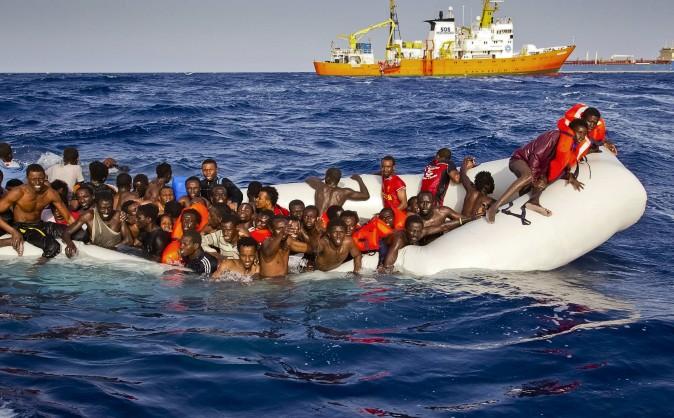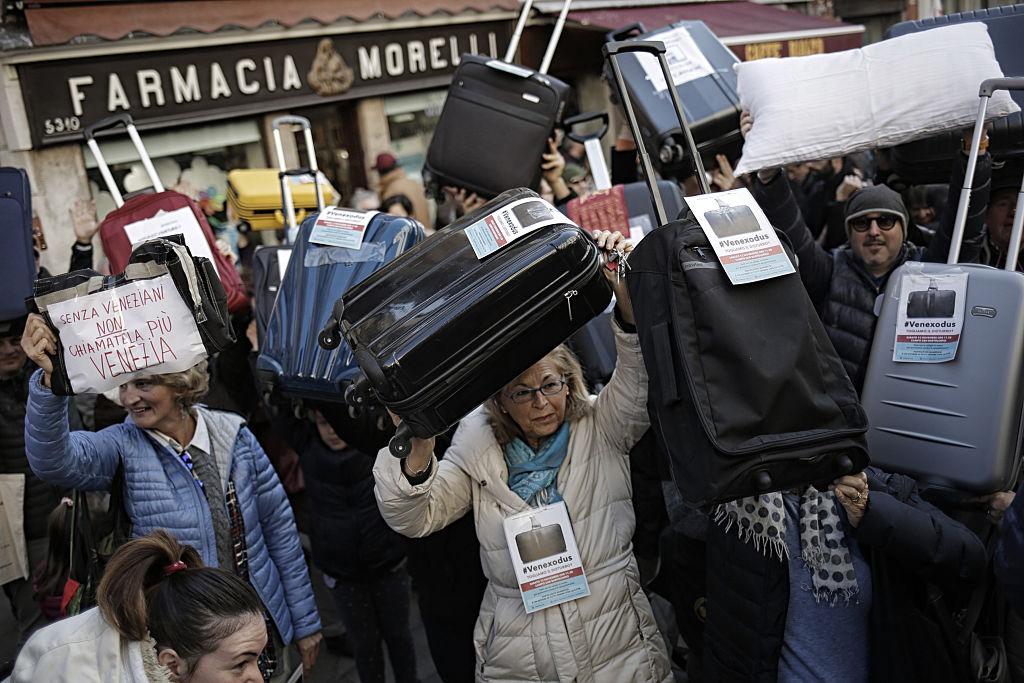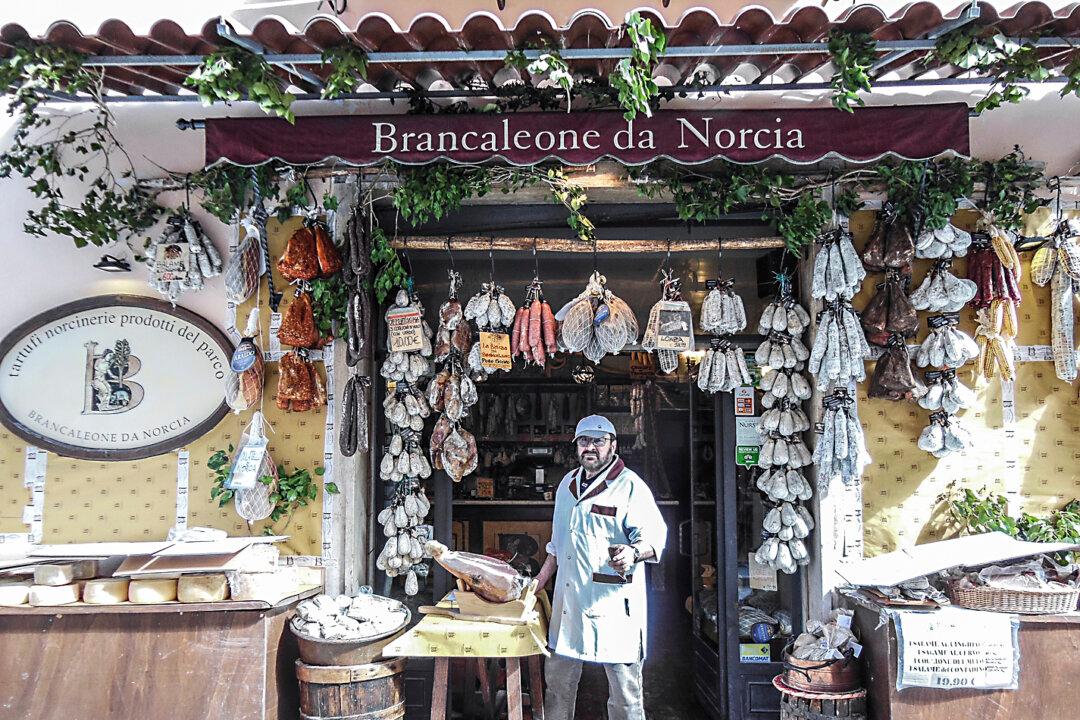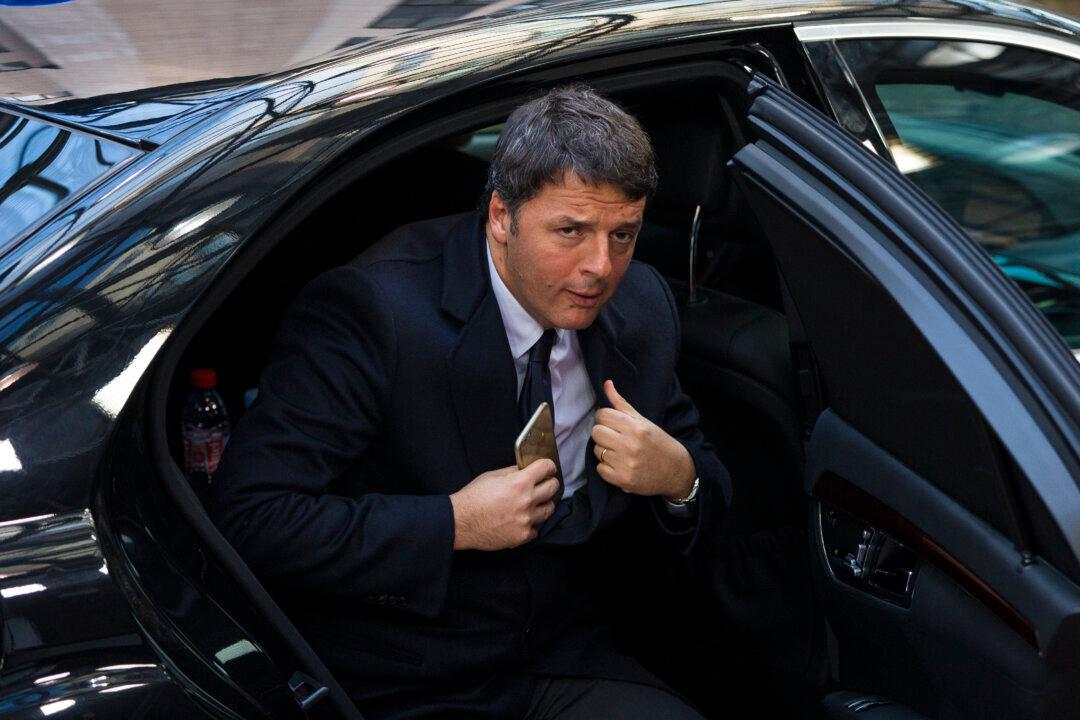BORRIANA, Italy—When Mamadou Sissoko first came to Borriana, a village in the northern Italian province of Biella in 2011, he couldn’t read or write in his own language, let alone make any sense of Italian.
“He couldn’t even spell his name. We only found out how it was spelled through his documentation,” said Claudia Tortello, who, along with her husband, Alberto Miglietti, took in the 29-year-old from the West African country of Mali.
She was introduced to Sissoko when her daughter Lara, a volunteer in a refugee shelter in the nearby town of Biella, brought him home for dinner. “We communicated with gestures and drawings,” she said.
At first, Sissoko slept with his bedroom door locked—a habit he said he picked up during his previous four years living in Libya.
“We worried that someone would break in during the night, and rob or attack us,” said Sissoko.
“We slept with our shoes on, too, so we could escape quickly.”
Sissoko, who has been granted asylum in Italy, is the only black person living among the population of about 900 in Borriana, which lies in the foothills of the Alps. But over the last few years, he has thrived: He has mastered a trade, made friends, and within a short period of time, learned enough Italian to pass his driving test.



